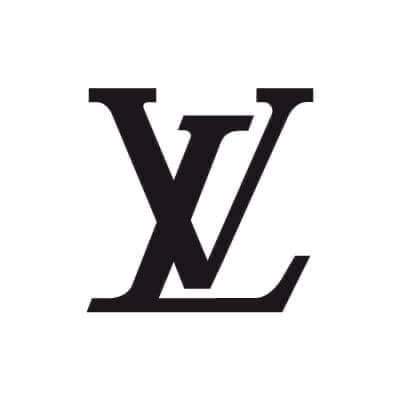Think tank Ibon Foundation said that the proposed tax on luxury products is far inferior to a billionaire wealth tax. Ibon said that the move was a disingenuous attempt aimed to distract the public from the urgency and necessity of taxing the wealth of the country’s few billionaires.
“A higher consumption tax on luxury goods is desirable but is not a substitute for a wealth tax which can raise far more revenues for social and economic development” the researcher group said.
Ibon said that the chairperson of the House of Representatives Ways and Means Committee, Albay Rep. Joey Salceda, claimed that the proposed “Louis Vuitton” tax may generate at least Php12.4 billion in revenues. This will be levied on the purchase of luxury lifestyle items such as jewelry and bags, wines and art, cars, private jets, residences, and others.

In contrast, Ibon said that a billionaire wealth tax can raise at least Php468.8 billion annually from the country’s estimated 2,945 billionaires who collectively have Php8.2 trillion in wealth. “This is a tax on not even one-third of one-thousandth of a percent (0.0026%) of the country’s population and will still leave them with Php7.7 trillion” the group added.
Instead of pushing a luxury tax, IBON proposes a graduated wealth tax of 1% on wealth above Php1 billion, 2% on wealth above Php2 billion, and 3% on wealth above Php3 billion. The group explained that these are very incremental taxes which will nonetheless raise substantial revenues for the government while still leaving billionaires with more than enough for their luxurious lifestyles and businesses.
Moreover, Ibon said that the proposed tax on luxury consumption goods generates negligible revenues compared to a billionaire wealth tax. The latter is a more effective way to raise revenues for promoting social and economic development. It is also a social justice measure that redistributes wealth even if only incrementally.
“A billionaire wealth tax will play a vital role in addressing worsening wealth inequality in the country. Median wealth per adult in the country is at around Php140,000 as of 2021, according to Credit Suisse, which essentially means that half of Filipinos have wealth less than this. IBON also initially estimates at most around 10 million Filipinos with Php1 million pesos or more in wealth out of a population of over 110 million” the research group said.
Ibon further said that in contrast, according to Forbes, the two richest individual Filipino billionaires are worth Php424.9 billion (Manuel Villar) and Php305.1billion (Enrique Razon Jr) – this is wealth over three million times and over two million times the median wealth, respectively. The Sy siblings together have Php686.4 billion, Gokongwei siblings, Php168.9 billion, and the Aboitiz family, Php158 billion. Net worth in dollars has been converted to pesos using the average exchange rate for 2022.
“The billionaire wealth tax proposes to redistribute a small sliver of wealth from the top 0.003% of the population to the majority. It will provide the government with additional resources to invest in long underfunded but essential public services such as education, health, housing, and social protection, including emergency cash assistance. It can also give support to micro, small and medium enterprises, which spur inclusive economic development” it said
The group acknowledged that effective implementation is crucial with measures to ensure compliance and prevent tax evasion. This can be done by strengthening the tax administration, increasing transparency and accountability, and providing adequate resources for tax enforcement.
IBON stressed that the billionaire wealth tax will create jobs, improve the living conditions of ordinary Filipinos, reduce poverty, and lead to social development. Measured against this, the so-called Louis Vuitton tax is a diversionary tactic to protect the extreme wealth accumulated in the hands of the politically influential few billionaires.
